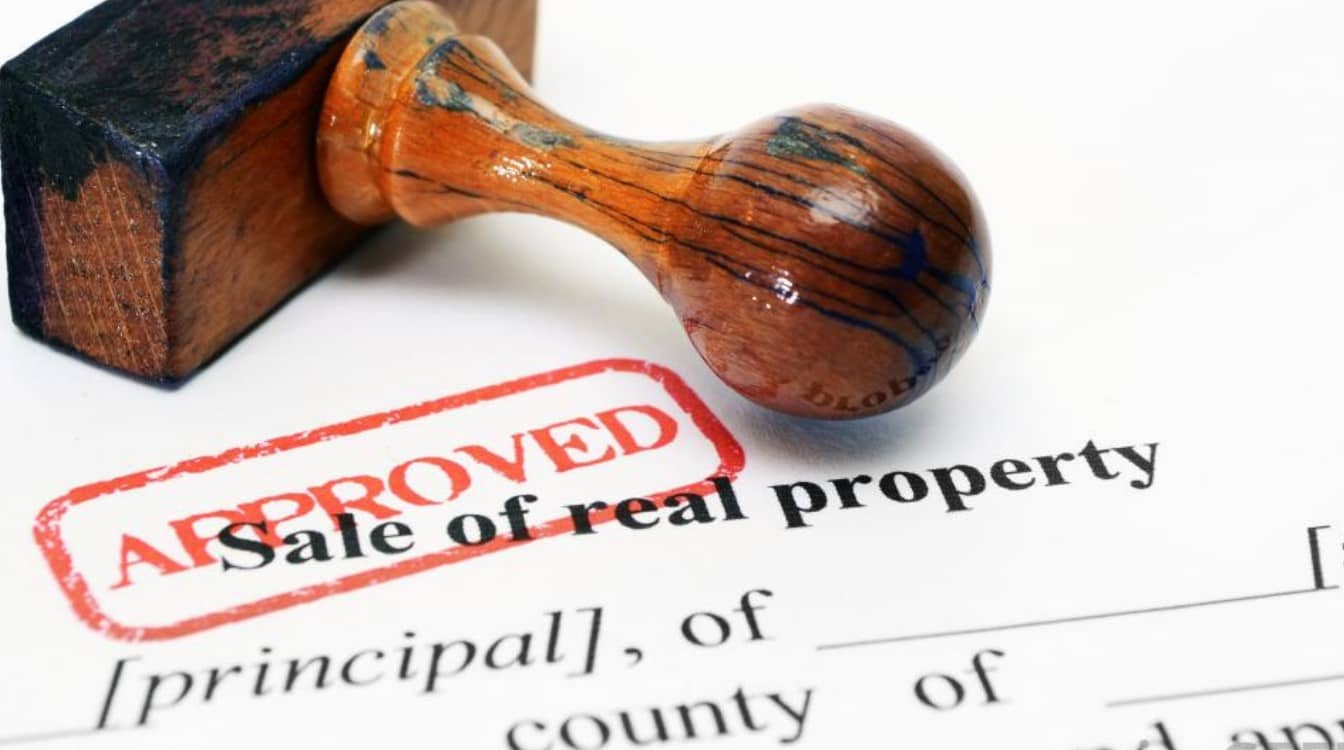In the realm of real estate, a short sale is an avenue that homeowners might explore when financial hardships make it difficult to meet their mortgage obligations. While short sales can provide a way out for distressed homeowners, it’s essential to acknowledge that this option comes with its own set of disadvantages. In this blog post, we delve into the downside of a short sale on a home, shedding light on the potential challenges and implications for both sellers and buyers.
Negative Impact on Your Credit
One of the most significant downsides of a short sale is its impact on the seller’s credit score. When a homeowner opts for a short sale, they are essentially negotiating with the lender to accept a sale price lower than the outstanding mortgage balance. While this might relieve the seller of a portion of their debt, it’s not without consequences.
A short sale is typically reported on the seller’s credit report, leading to a negative mark. This can significantly lower the seller’s credit score, making it more challenging to secure loans, credit cards, or even future housing options. The extent of the credit score drop can vary, but it’s generally less severe than the impact of a foreclosure.
Potential Deficiency Judgment
Another downside to a short sale is the potential for a deficiency judgment. In some cases, the lender might not entirely forgive the remaining balance after the short sale is completed. If the lender reserves the right to pursue a deficiency judgment, the seller could be held responsible for paying the remaining debt, even after the property is sold. This could lead to further financial stress and legal consequences for the seller.
Tax Implications
Short sales can also have tax implications for sellers. In certain situations, the amount forgiven by the lender (the difference between the sale price and the mortgage balance) might be considered taxable income by the IRS. This means that sellers might be required to pay taxes on this forgiven debt. However, it’s essential to consult with a tax professional to understand the specific implications based on the seller’s circumstances and any applicable exemptions or provisions.
Longer Transaction Timelines
Short sales typically involve more complex negotiations and paperwork than traditional real estate transactions. This complexity often translates to longer transaction timelines. Sellers looking to complete a short sale must be patient, as the process can take several months. Delays can occur due to lender approvals, multiple parties involved, and the necessity to navigate through bureaucratic procedures.
Uncertainty for Buyers
From a buyer’s perspective, short sales can also present challenges. While short-sale properties might be priced attractively, the uncertainty surrounding the transaction can be daunting. Buyers might invest time, effort, and even money into a property only to find out that the lender rejects the short sale proposal, leaving them empty-handed.
Condition of the Property
Short-sale properties might have been neglected or not properly maintained by distressed homeowners due to financial difficulties. Buyers must be prepared to encounter properties in various states of disrepair. Renovation or repair costs might outweigh the initial price advantage, diminishing the perceived benefit of the short sale.
Competitive Bidding and Delays
Buyers should also be aware that short-sale properties often attract multiple offers. This competitive environment can lead to bidding wars, driving up the sale price. Moreover, since short sales involve lender negotiations, the process can experience delays, leaving buyers uncertain about the outcome for an extended period.
Conclusion:
While short sales can offer an exit strategy for homeowners facing financial hardships, it’s crucial to consider the downsides that accompany this option. Credit score impact, potential deficiency judgments, tax implications, longer transaction timelines, uncertainty for buyers, property condition, and competitive bidding are all aspects that should be carefully weighed when contemplating a short sale. Both sellers and buyers must thoroughly understand the implications and consult with a short sale specialist, including real estate agents, attorneys, and tax advisors, to make informed decisions that align with their financial goals and circumstances.


